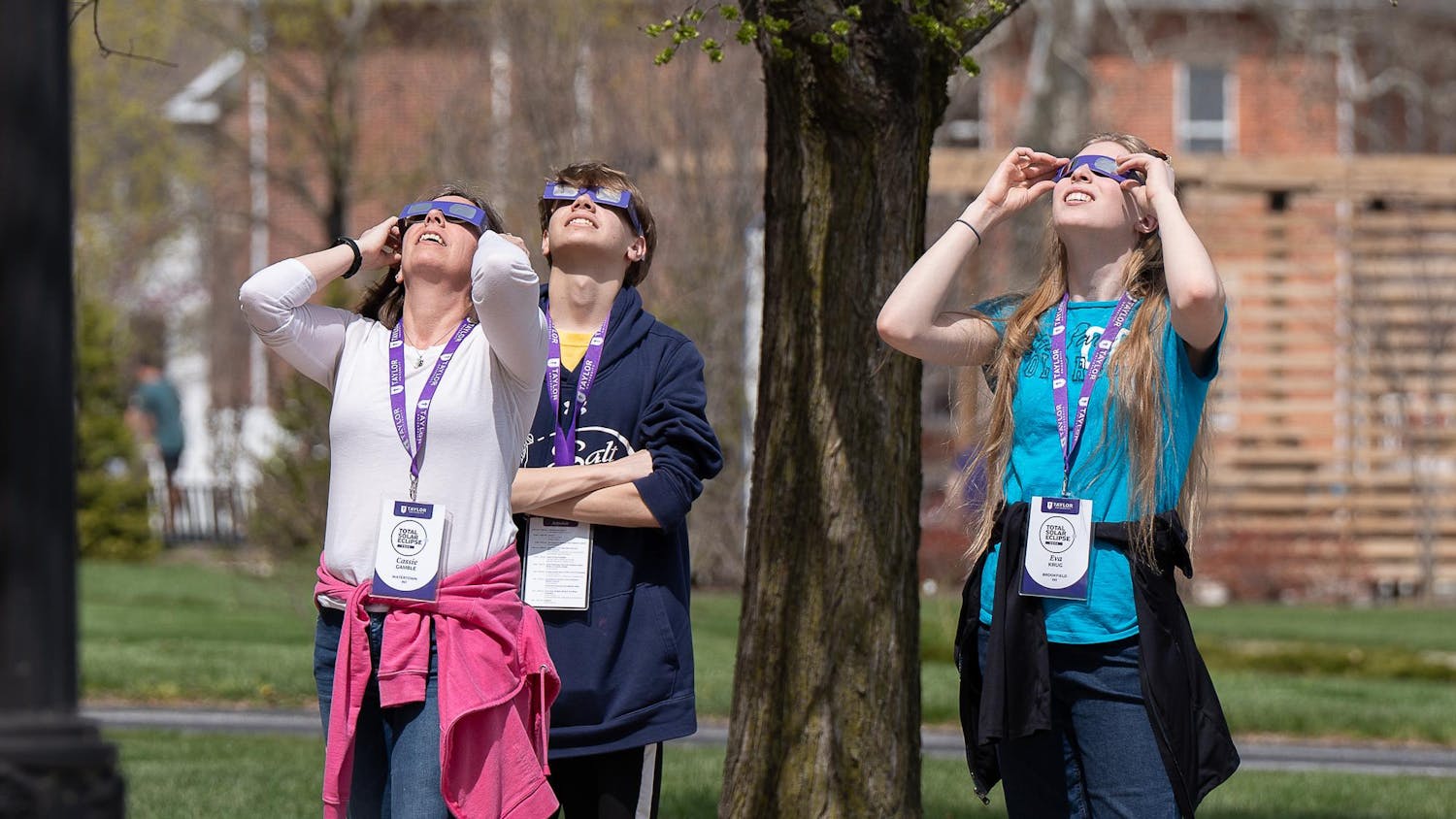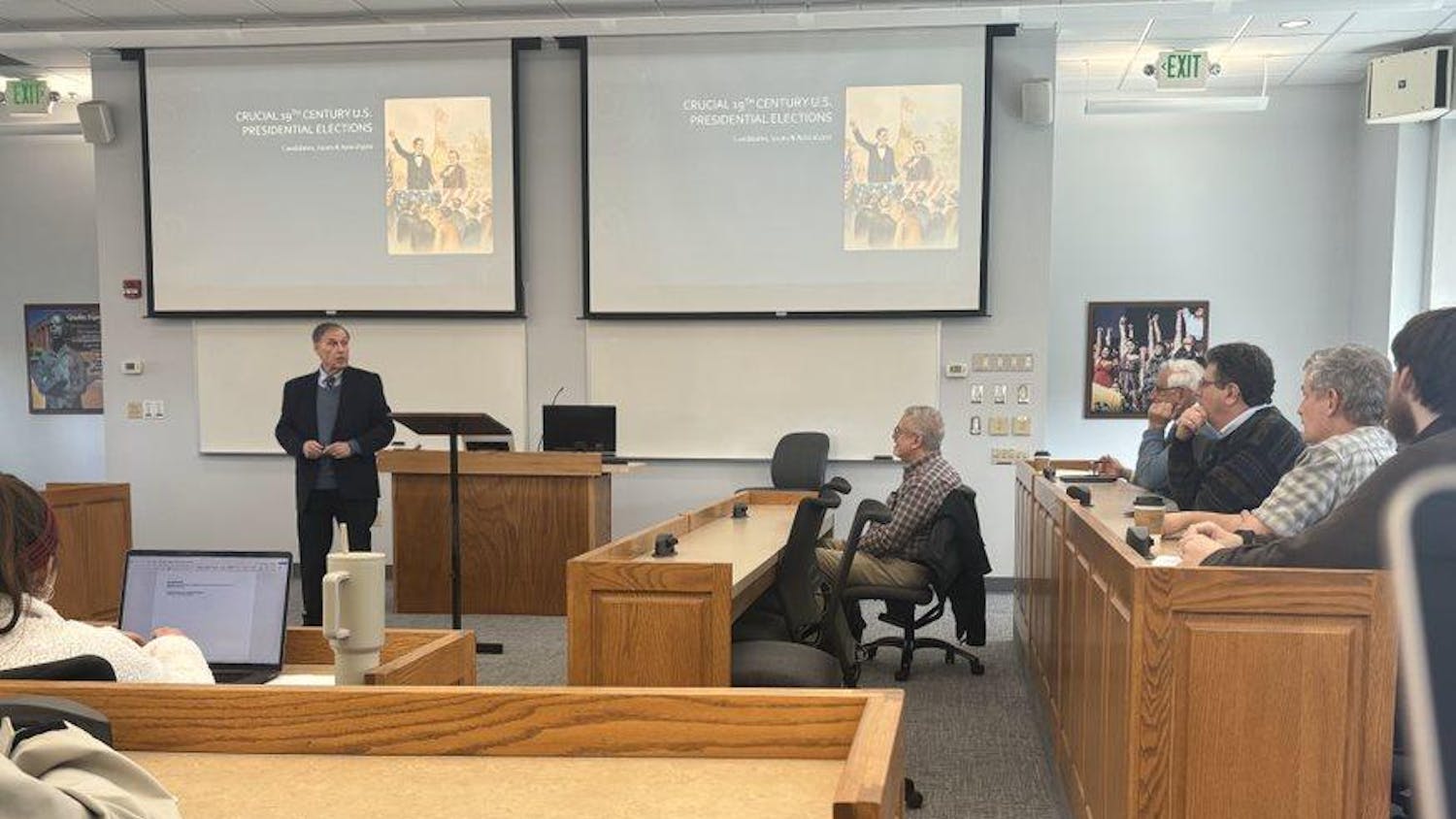By Becca Robb | News Co-Editor
I am such a creeper. I recently spent 30 minutes scrolling through some girl's Facebook profile. We have no connection except her presence on the Taylor University Secret Admirers page (SA) and our dozens of mutual friends. #smallcollegeprobs
When I finished my stalking binge, I felt crummy. I'm not nearly as popular, trendy or clever as this girl. She seems way more exciting than I am. Honestly, she seems perfect.
I realized to my dismay that I was hard-core comparing myself to this girl. Even though SA may not be damaging in and of itself, it opens the door to a more sinister problem-Facebook stalking.
Because SA posts are anonymous, Facebook stalking doesn't seem to carry consequences. But Facebook stalking can offer us dangerous and sometimes ridiculous standards to measure ourselves against. Facebook stalking can hurt us.
There's nothing wrong with voicing a crush. I remember giving my friend a secret admirer letter when we were kids. "Your eyes are like mist rolling down the mountainside," declared my 9-year-old inner poet. (Let's hope this article reads better than that fateful letter.)
Online anonymity is different from an anonymous letter. Online personalities can create a distance between us and make people seem less human. An online profile shows only parts of someone's story.
People are not valued in terms of how many Facebook friends they have, what movies they like or how artsy their profile picture is. Though online profiles try to squash people into lines of coding and two-dimensional photos, they can never fully represent us.
Two people can have almost identical Facebook profiles and be completely different in real life. People don't fit into boxes. Ever.
If we believe that people don't fit into boxes, then we need to start acting like we believe it. It's easy to curate our profiles to show our best side, but we can't be perfect. When we start to monitor our image online, our appearance can become more important than our substance.
Psychologists call this "self-objectification." Self-objectification strips away our personal dignity and leaves us as bare commodities to be used by others. This usually refers to objectifying our physical bodies, but it could also apply to us as whole people.
Remember your 8th grade literature lesson about dynamic vs. static characters? Me neither. So we'll go through it again: Static characters remain the same throughout the story, but dynamic characters adapt.
Let's be dynamic characters. Let's give ourselves room to grow and change. Let's live to our full potential, knowing that our online profiles are not equivalent to ourselves. Online profiles fall so short of capturing our innate depth and beauty. And that's ok.
If your name is engraved in the SA hall of fame, congrats. To be honest, it's kind of fun. But let's not get carried away. We can still be dynamic characters who aren't slaves to anyone's perceptions of us. We can be truth-telling, table-turning Taylor without being perfectly-profiled Taylor.





